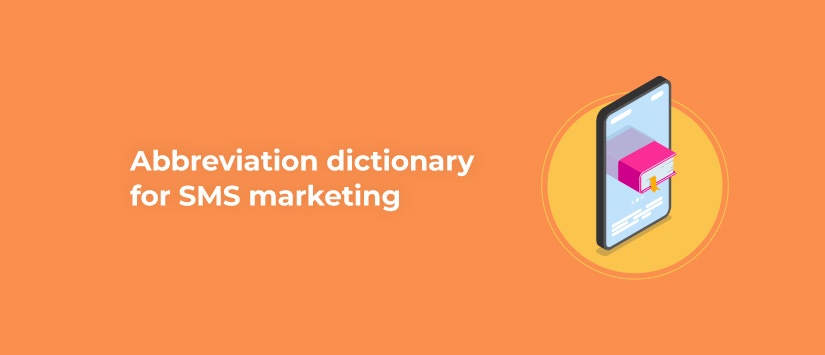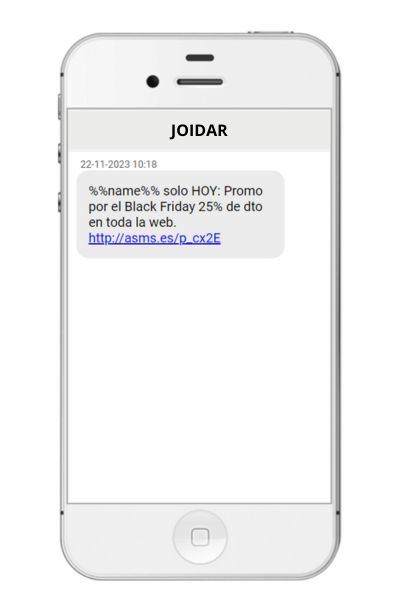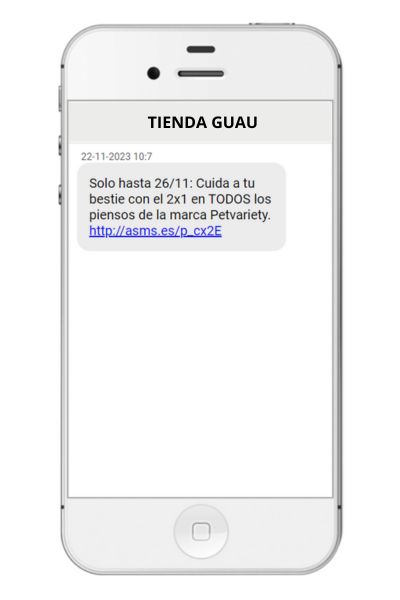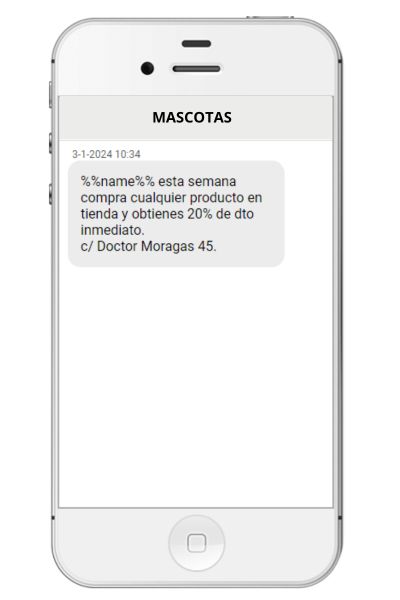Category: SMS Marketing

Filling the space of an SMS is faster than it seems. One or two short sentences, a link, and if you're not careful, you might exceed the maximum character limit. The solution is to use abbreviations, but it's only convenient when addressing an audience accustomed to reading them in their daily lives: if it takes an extra second to decipher the message, they're more likely to delete it, losing the conversion opportunity.
Some acronyms are well-known, but new abbreviations constantly appear, and using them can help us save some characters. Abbreviations work the same way, with the added benefit of bringing us closer to the user by using their language. Each department may have its own abbreviations, and the most used ones may vary between sectors, but there are some common ones you should have on hand for drafting your next SMS.
Spelling note: acronyms do not have periods, but abbreviations do. It will be a well-invested character to facilitate reading, although many times you can skip it, as we will see. For example, instead of "Mr./Mrs.," it is understood equally if you write "Mr/Mrs."
Depending on the type of promotion, you can abbreviate different words. Some very common ones: discount (dto), promotion (promo), invoice (fra), amount (imp), more information (+ info), max/min (maximum/minimum), message (msg), reference (ref), transfer (transf), units (u).

Prices, like dates, are easier to write with numbers rather than letters. For example: "Five euros discount on your first purchase" is also understood if we abbreviate it as "€5 discount on your 1st purchase" and use almost half the characters. This rule applies to any number, such as percentages or volume-related indications, like 2x1 or 30 max.
The months of the year can be written with one, two, or three letters, so we can choose to make sure there is no mistake: E, en, ene; F, fe, feb; M, ma, mar; A, ab, abr; M, my, may; J, jn, jun; J, jl, jul; A, ag, ago; S, se, set/sep; O, oc, oct; N, no, nov; D, di, dic.
For example: if you send a reminder of an appointment or there is a deadline for a promotion, it is easiest to use numbers, such as "15/12/23," although you can simplify it to "15 Dec" or "15D" if it is understood in context.

The days of the week usually need two letters: Mon, Tue, Wed, Thu, Fri, Sat, and Sun. They are a good resource for meeting changes, although if the date is clear, it may not be necessary to indicate it. For example: "We look forward to seeing you next Friday, December 15th, at our office" can be abbreviated as "We look forward to seeing you on 15 Dec at our office."
The hours of the day can be written in 12 or 24-hour format and are a well-known convention: "Validity: 23:59 on 15/12/23" or "You can pick up your results until 5 PM."
Physical locations are very important when it comes to store openings, package pickups, or office visits, for example. Without clear directions, the user may arrive late and delay the entire schedule, so abbreviating addresses too much is not recommended. Depending on the type of message, you can add a link to Google Maps.
The most common abbreviations are: st for street (c/ or c. also work); ave for avenue (although avda. is longer), blvd for boulevard; town for town and prov for the province; staircase for staircase (or just the letter); postal code for postal code (or just the numbers); T or tel for telephone, ext for extension, and M when it's a mobile number.

Jargon evolves quickly, and more and more abbreviations of expressions that play with the pronunciation of words, also in English, or include symbols or numbers are used. Some examples: 4U (for you), gn (good night), = (equal), g2g (got to go), -luck (good luck), y (why), pls (please), I am (I am), bc (because), cu (see you), idc (I don't care).
Specifically, for greeting or saying goodbye, you can use: A/A (attention), bye (goodbye), regards (best regards), xoxo (hugs and kisses).
In professional environments, there is another type of slang, for example: FYI (for your information), F2F (face to face), ICYMI (in case you missed it), IMO (in my opinion), IDK (I don't know), IRL (in real life), JK (just kidding), NVM (never mind), PLZ (please), TBF (to be fair).
There are many possibilities, but don't try to complicate it unnecessarily: if you need to convey a lot of information, send two SMS!
Do not miss anything from our blog and join our Telegram https://t.me/acrelianews
Haven't you tried Acrelia News yet?
If you like this post, you will like much more our email marketing tool: professional, easy to use.